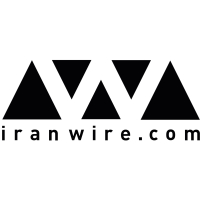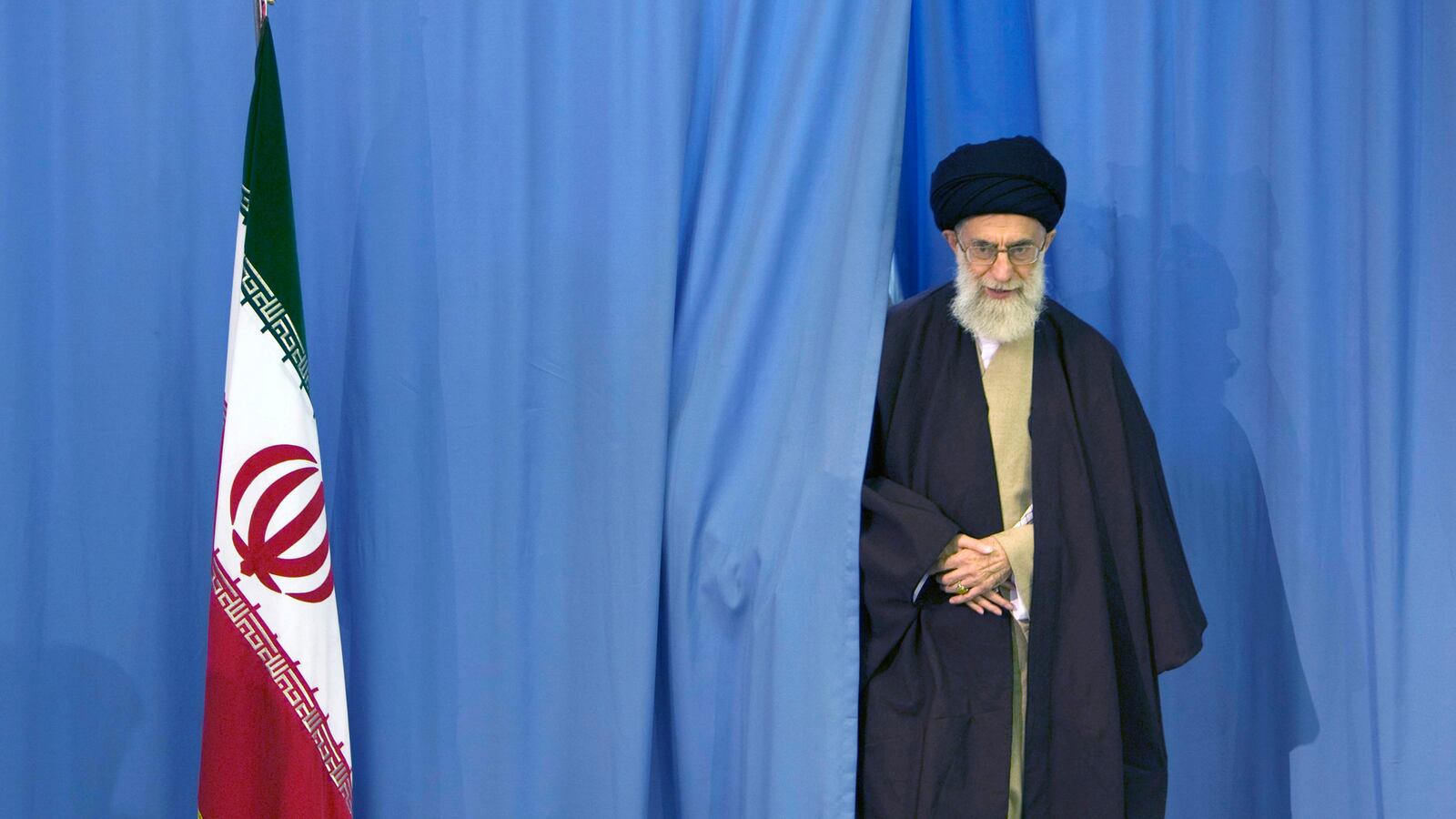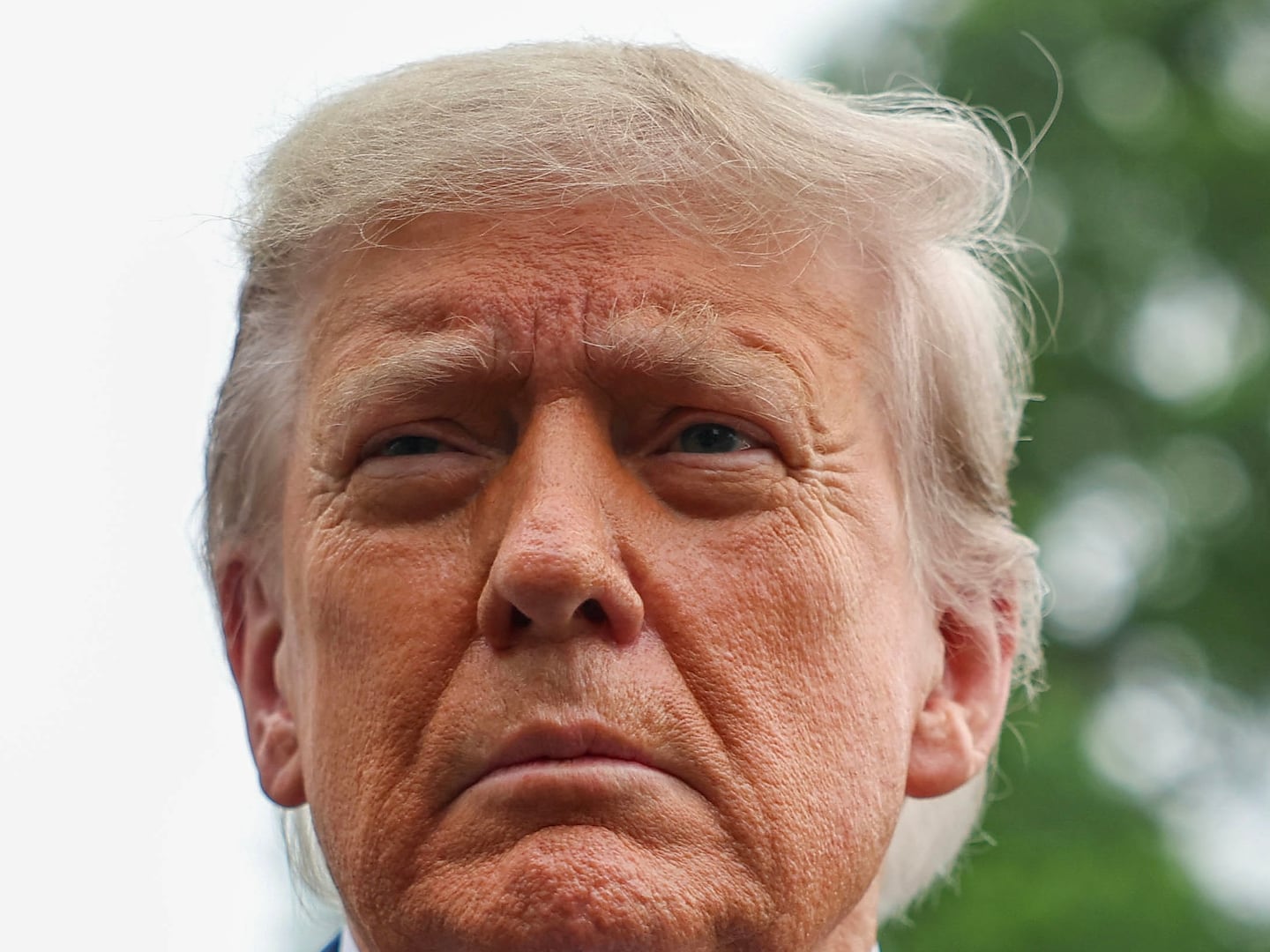Iran’s Supreme Leader Ali Khamenei usually prefers to stay above the fray, intoning his policy directives from the pulpit in emotive or elliptical terms that only an Islamic Republic apparatchik could decipher, and maybe that’s why even some seasoned analysts stopped paying attention.
But on July 7, as critical nuclear negotiations got underway in Vienna between Iran, the United States, Europe, Russia and China, Khamenei started talking hard numbers.
The Supreme Leader’s remarks were unprecedented both because they represented a blatant intervention from his perch in Tehran in the super-sensitive talks in Vienna, and because they relayed confidential technical details that had not been aired publicly before by Iranian officials.
The moment could not be more critical. An agreement is supposed to be reached before July 20 that will rein in the threat of Iran acquiring nuclear weapons and end or curtail the Western sanctions that have put so much pressure on Tehran. Failure to reach an accord will add yet more potentially apocalyptic uncertainties to the Middle Eastern scene.
Khamenei began his speech, as is his wont, with a proverb. This one was about bargaining: “The other side threatens you with death so you would be happy with a fever.” Then he swiftly went into highly technical details about remaining disagreements around Iran’s permitted level of uranium enrichment, the critical process that creates fuel for nuclear weapons.
The Supreme Leader started talking about SWUs, which it is fair to say few Iranians, or for that matter Americans, Europeans, Russians or Chinese ever have heard of. (Google “SWU” and the first hit you get is the name of a school in South Carolina.) In fact, in this context the acronym stands for “separative work units,” which relates directly to Iran’s ability to enrich uranium to levels that might feed into nuclear weapons. SWU defines the capability derived from the number of uranium-enriching centrifuges and their efficiency. For example one thousand AR1 centrifuges with the efficiency of 0.9 translates into 900 SWU, whereas 225 AR2 centrifuges with an efficiency of 4 translates into 900 SW.
It’s unlikely Khamenei’s faithful followers could follow his discourse, but, then, it wasn’t intended for them. It was aimed at the Iranian negotiators in Vienna and the Western delegations sitting across from them. He was talking about the talks as if this were a nuclear bazaar. The tactics are familiar to anyone who’s ever bought a carpet from an Iranian merchant.
“They want us to be content with 10,000 SWUs,” he said. That is, he estimates the bottom line the West will accept. “But they have started from 500 and 1000 SWUs,” he added. “Our people say that we need 190,000 SWUs,” he went on. That’s a big spread to try to close.
Khamenei then raised the problem of American and European objections to the more-or-less bomb-proof underground facility Iran has built at Fordo, where much of its enrichment goes on. “They emphasize Fordo because they cannot get to it,” said Khamenei. “They say you must not have a place which we cannot strike. Isn’t this ridiculous?”
Last December, Khamenei said publicly he would not interfere in the negotiations and would leave the details to the diplomats. Now it appears he is playing a more shadowy game, either dictating terms to the Iranian team in Vienna or, perhaps, providing them the cover they need to stand firm.
A source close to the negotiations told IranWire that the numbers Khamenei cited are precisely what American negotiators have put on the table, and constitute one of the confidential topics being discussed over the past few months. Two days before Khamenei spoke, Under Secretary of States for Political Affairs Wendy Sherman, the senior American negotiator, said that Iran must end up with a fraction of the centrifuges it currently runs, but she did not cite any numbers.
The source said that Khamenei’s statements are technically significant, and are in line with the terms of the negotiations, which deal with SWUs rather than the number of centrifuges as such.
According to a European diplomat who is a member of his country’s nuclear negotiating team, the accuracy of the numbers leaked by Khamenei is both astonishing and worrisome, because he is limiting publicly the concessions that might be made by Iranian President Hassan Rouhani’s team.
The morning after Khamenei’s speech, media outlets close to Rouhani’s administration highlighted one particular line: “All should know that I support the government” of Rouhani. Khamenei also said that he trusted the negotiating team and would do everything in his power to help it. But this is where the tea leaves have to be read very carefully.
In recent months Foreign Minister Mohammad Javad Zarif has insisted on keeping the negotiating details confidential. He told members of the Iranian parliament that he would not disclose such information even if he were to face impeachment. Now the Supreme Leader has pulled the rug from under him in a public speech.
It is clear Khamenei wants to leave no doubt about his regime’s red lines in the negotiations.
Abbas Araghchi, spokesman for the Iranian team, tried to emphasize the supportive moments in Khamenei’s speech. “The trust of the Leader is our greatest asset and encourages us,” he tweeted. “We assure him and all Iranians that we would not retreat from any of our nuclear rights.”
But Khamenei doesn’t see this crisis only in terms of nukes. For the West, he says, the nuclear issue “is just an excuse” to pressure Iran, he said. “If it is not the nuclear issue they will come up with another excuse—human rights, women’s right, etc.”
“They say that the sanctions will stay,” he said. “They have now started to say that even if we reach a nuclear accord not all sanctions would be lifted. There are other things. This is what we have been saying all along.”
In recent months the interference of the Supreme Leader has not been limited to the nuclear case. He has unabashedly interfered in economic and health policies, in women’s affairs and cultural policy, and in domestic politics, setting ever more numerous red lines for the Rouhani government. He has done all this while proclaiming his support for the government.
Now the Supreme Leader has thrown the confidential details out into the open and marked his line in the sand. What remains to be seen is who will suffer the repercussions.
This article is adapted from one by Reza HahghighatNejad appearing on IranWire.com.






